Nelson Mandela is still a powerful brand indicator for South Africa. Thirty years of democracy has changed tourist perceptions of South Africa; they have become more positive, overtaking past associations with apartheid.
Tourists flock to the many wildlife reserves, while the attractive investment climate draws global business and investors
South Africa is a captivating destination for travellers, investors and professionals alike, offering a unique blend of natural beauty, rich culture and a dynamic business environment. From breath-taking landscapes and vibrant cities to its resilient economic framework, South Africa stands out as a country that punches above its weight.
Nature: a diverse and mesmerising landscape
One of South Africa’s most compelling draws is its stunning natural scenery. From the vast savannahs and dramatic coastlines to the majestic Drakensberg mountains, the country boasts an unrivalled diversity of landscapes. South Africa is also home to some of the world’s most iconic wildlife, making it a premier destination for safari enthusiasts. The opportunity to witness the “Big Five” — lion, leopard, rhinoceros, elephant and Cape buffalo — in their natural habitats is a unique experience that continues to attract millions of tourists each year.
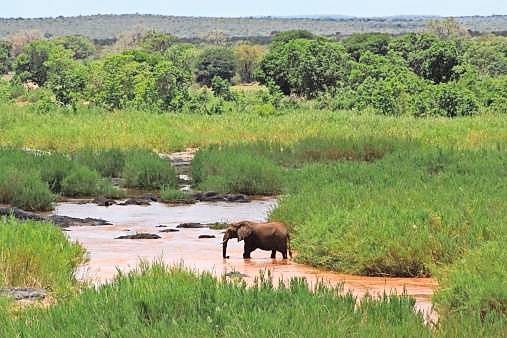 Safaris are still the major drawcard for visitors to South Africa, providing a chance to get up close to the Big Five at destinations like the Kruger National Park.
Safaris are still the major drawcard for visitors to South Africa, providing a chance to get up close to the Big Five at destinations like the Kruger National Park.
Online searches confirm that safaris are the most sought-after tourist activity, with wildlife and scenery consistently topping the list of reasons why visitors are drawn to the country. The allure of South Africa’s national parks, such as Kruger National Park, where vast expanses of untouched wilderness meet diverse ecosystems, makes it one of the most desired destinations for nature lovers worldwide.
Culture and history: A nation with a rich heritage
According to the Bloom Consulting Global Reputation Study 2024, Nelson Mandela remains a powerful brand indicator for South Africa, embodying the nation’s values and aspirations. South Africa’s top-of-mind associations have seen a significant improvement, with positive perceptions rising to 68%, an 11% point increase from previous years. Among the leading associations, Mandela’s legacy stands out alongside wildlife and beauty, highlighting the country’s rich natural and cultural heritage.
Significantly, these positive symbols have overtaken past associations with apartheid, underscoring the nation’s evolving image. Robben Island, a UNESCO World Heritage Site, symbolises Mandela’s enduring impact, serving as a reminder of the sacrifices made by him and other political leaders who paved the way for a democratic South Africa. Mandela’s story of resilience and hope continues to inspire, enhancing South Africa’s reputation globally and solidifying its status as a vibrant and dynamic nation brand.
An attractive business environment: economic strength and stability
South Africa’s economic landscape is equally compelling for business investors. The country boasts one of the most advanced economies in Africa, with well-established industries in mining, finance, manufacturing and technology. Its rich reserves of metals, including gold, platinum, and chromium, make it a global leader in the mining sector, drawing significant interest from investors worldwide. Metals consistently rank as one of the top export categories, underscoring South Africa’s economic significance on the global stage.
The country stands out as the most advanced and broad-based economy in sub-Saharan Africa, offering a unique and attractive investment climate that draws businesses and investors from around the globe. With a gross domestic product (GDP) of just over $373 billion in 2024, South Africa is not only the largest economy in sub-Saharan Africa but also the largest on the entire continent, surpassing Egypt and Algeria, which recorded GDPs of approximately $347.6 billion and $266.8 billion respectively.
Dubbed Africa’s economic powerhouse, the country’s attractive business climate, characterised by relatively low operating costs and a robust regulatory framework, makes it an appealing destination for businesses looking to expand into the African market. Monetary and fiscal policies are key areas of interest for investors, reflecting South Africa’s commitment to economic stability and growth. Recent data shows a 13% increase in the willingness to invest in South Africa over the past two years, highlighting the country’s growing appeal to the global business community.
Cities, sports and universities: a hub of opportunity
South Africa’s cities are frequently searched online by global audiences, with Johannesburg, Cape Town and Durban leading the way as major hubs for tourism, business and culture. These cities offer a dynamic blend of modern infrastructure, vibrant nightlife, and historical sites that captivate visitors and residents alike. Cape Town’s Table Mountain, one of the New 7 Wonders of Nature, and Johannesburg’s bustling financial district are just a few examples of what makes South Africa’s urban landscapes so appealing.
Sports and gastronomy are other standout features, with South Africa’s recent triumph in the 2023 Rugby World Cup catapulting the country into the global spotlight. This victory not only boosted national pride but also enhanced the country’s reputation as a destination for international sporting events. The success of South African sports teams continues to inspire both locals and visitors, reinforcing the country’s status as a place of excellence and resilience.
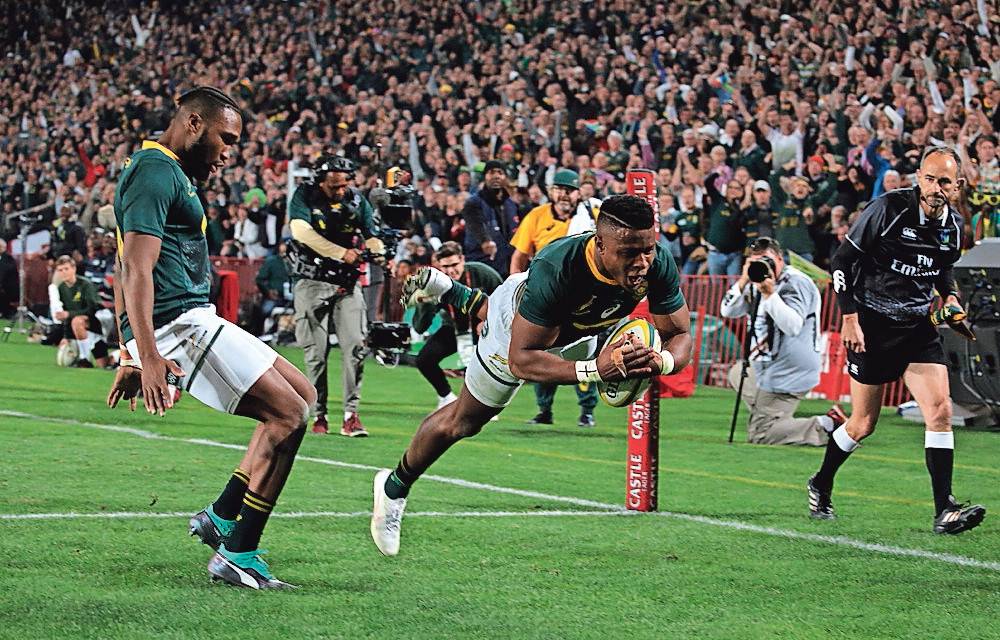 The Springbok victories in the World Cup have enhanced our country’s standing among both locals and foreigners.
The Springbok victories in the World Cup have enhanced our country’s standing among both locals and foreigners.
South Africa’s universities also play a crucial role in attracting talent. Institutions like the University of Cape Town and Stellenbosch University are renowned for their academic excellence and diverse student body, drawing students and researchers from around the world. Education is a key driver of South Africa’s international appeal, contributing to the country’s reputation as a hub for innovation and intellectual growth.
A country that stands out
The country’s blend of natural beauty, cultural richness, and economic potential creates a unique environment that is both inviting and inspiring. Whether you’re drawn by the chance to explore its scenic landscapes, immerse yourself in its diverse culture, or tap into its dynamic business climate, South Africa offers an experience like no other. The country’s ability to punch above its weight on the global stage is a testament to its enduring spirit and the indomitable will of its people.
South Africa’s status as the most advanced economy in sub-Saharan Africa is a testament to its stable institutions, robust legal and financial sectors, and a proactive approach to attracting global investment. With a broad-based economy, strategic geographic positioning, and ongoing efforts to enhance its business environment, South Africa remains a vital player on the African continent and a key destination for investors seeking to tap into one of the world’s most dynamic markets.
For those seeking a place that offers both adventure and opportunity, South Africa remains a top destination that leaves a lasting impression.
Some notable personalities in South Africa’s creative industry over the past 30 years
They have not only entertained and inspired, but also challenged social norms and preserved cultural heritage
A country’s strength is showcased through its people, places and products. South Africa’s arts and culture scene has flourished in the last three decades, through its iconic figures who have made significant strides both locally and internationally. From music and dance to visual arts and literature, these leaders have used their creative skills to tell stories, preserve heritage and inspire future generations. Undoubtedly, there are many legends in Mzansi’s history that continue to be celebrated. Here’s a few who have impacted the country’s Nation Brand significantly over the years, and shaped the future of South Africa’s artistic and cultural heritage globally.
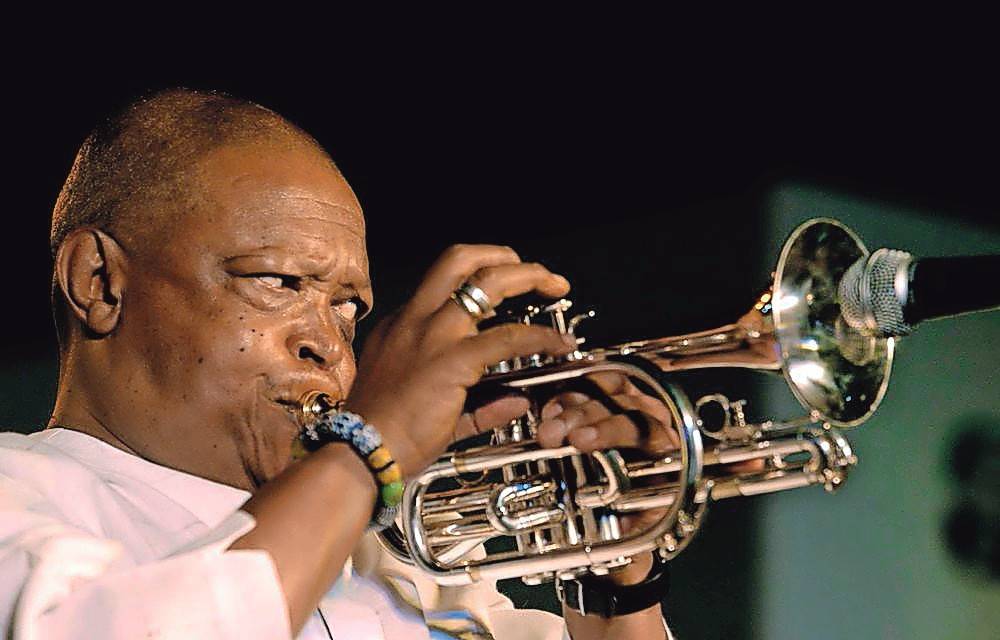 Trumpet player Hugh Masekela was an anti-apartheid activist who received both local and global acclaim.
Trumpet player Hugh Masekela was an anti-apartheid activist who received both local and global acclaim.
Hugh Masekela (1939–2018) – musician and activist
Hugh Masekela was a legendary trumpeter, flugelhornist, and composer, known as the “Father of South African Jazz”. His music was not only a tool for entertainment but also a powerful instrument for political activism during the anti-apartheid struggle. Masekela’s hits, like Grazing in the Grass and Soweto Blues continue to resonate as symbols of resilience and cultural pride. He used his international fame to raise awareness about South Africa’s socio-political issues, leaving behind a rich legacy that still influences musicians worldwide.
William Kentridge – visual artist and filmmaker
William Kentridge is one of South Africa’s most celebrated contemporary artists, known for his animated films, artworks and performance art. His works often address themes of apartheid, memory, and the complexities of human experience in South Africa. Kentridge’s art has been showcased in some of the world’s most prestigious museums and galleries, including the Tate Modern in London and MoMA in New York.
Lebo M – composer and performer
Known as “the voice and spirit of The Lion King”, Lebo M is a world-renowned composer, singer and producer. He rose to international fame for his work on the soundtrack of Disney’s The Lion King, which earned him several accolades, including a Grammy Award. Lebo M’s distinctive style, blending African choral traditions with contemporary music, has made him a cultural ambassador of South African music.
PJ Powers – musician
Known for her raspy voice and charismatic stage presence, PJ Powers, affectionately known as “Thandeka”, has been a staple in South African music for over four decades. A prominent figure in the 1980s, Powers broke racial barriers through her music during apartheid, often performing at multicultural events. Her hit songs, including Jabulani, became anthems of hope and unity.
Johnny Clegg (1953–2019) – musician and anthropologist
Johnny Clegg, often referred to as “The White Zulu,” was a musician who broke racial barriers with his blend of Western and African music. Clegg’s bands Juluka and Savuka were among the first multiracial groups in South Africa, symbolising unity in a divided nation. His songs, such as Scatterlings of Africa and Asimbonanga, became anthems of hope and resistance during the apartheid era.
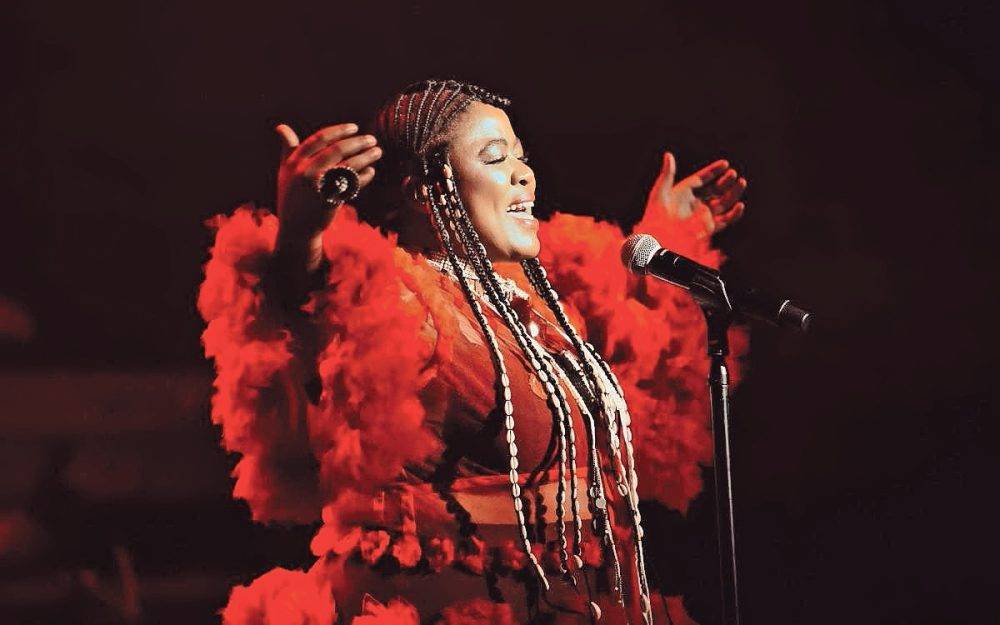 Thandiswa Mazwai is renowned for her unique blend of jazz, reggae and traditional Xhosa music. The Soweto singer has travelled the world promoting her albums, which are often deeply political.
Thandiswa Mazwai is renowned for her unique blend of jazz, reggae and traditional Xhosa music. The Soweto singer has travelled the world promoting her albums, which are often deeply political.
Thandiswa Mazwai – musician and cultural icon
Thandiswa Mazwai, also known as “King Tha”, is a celebrated singer and songwriter known for her contributions to South Africa’s Afro-fusion music scene. Starting her career with the group Bongo Maffin, she later pursued a successful solo career blending traditional Xhosa music, jazz, and reggae. Mazwai’s work often addresses themes of African identity, social justice and feminism.
Gcina Mhlophe – storyteller, author and activist
Gcina Mhlophe is a revered storyteller, poet, playwright and director who has been at the forefront of preserving South Africa’s oral traditions. Her storytelling blends folklore, song and dance, engaging audiences of all ages. Mhlophe’s work focuses on themes of empowerment, heritage and the celebration of African culture.
John Kani – actor, playwright and director
John Kani is a celebrated actor, playwright and director known for his roles in critically acclaimed plays and films. As a leading figure in South African theatre, Kani co-authored the internationally renowned play Sizwe Banzi Is Dead and The Island with Athol Fugard and Winston Ntshona. His contributions to the arts have been recognised with numerous awards, including the prestigious Tony Award.
Lira – singer and songwriter
Lira, a singer-songwriter with a career spanning nearly two decades, has become one of South Africa’s most successful musical exports. Her unique blend of Afro-soul, jazz and R&B has earned her multiple awards and a dedicated fanbase. Beyond music, Lira is a mentor and advocate for the arts, using her platform to support upcoming artists and social causes.
Nkosinathi Maphumulo (DJ Black Coffee) – music producer and DJ
DJ Black Coffee has become one of the most influential figures in the global electronic music scene. Known for his unique house music style, Black Coffee has garnered international acclaim, performing at some of the world’s most famous music festivals. He has used his platform to promote South African music and uplift aspiring artists through mentorship and collaboration.
Somizi Mhlongo – Choreographer and singer
Somizi Mhlongo is a vibrant personality who has made significant contributions to South African arts and entertainment. Known for his work as a choreographer, actor, singer and television host, Mhlongo’s flamboyant style and energetic persona have earned him a large fanbase. His role as a judge on Idols South Africa and as an LGBTQIA+ icon has solidified his status as a cultural leader, breaking down barriers around sexuality and self-expression.
Simphiwe Dana – musician and activist
Simphiwe Dana is known for her soulful voice and socially conscious music that blends jazz, Afro-soul and traditional Xhosa sounds. Dana uses her platform to advocate for social justice, women’s rights and African unity. Her critically acclaimed albums, such as The One Love Movement on Bantu Biko Street, have established her as one of South Africa’s leading contemporary musicians.
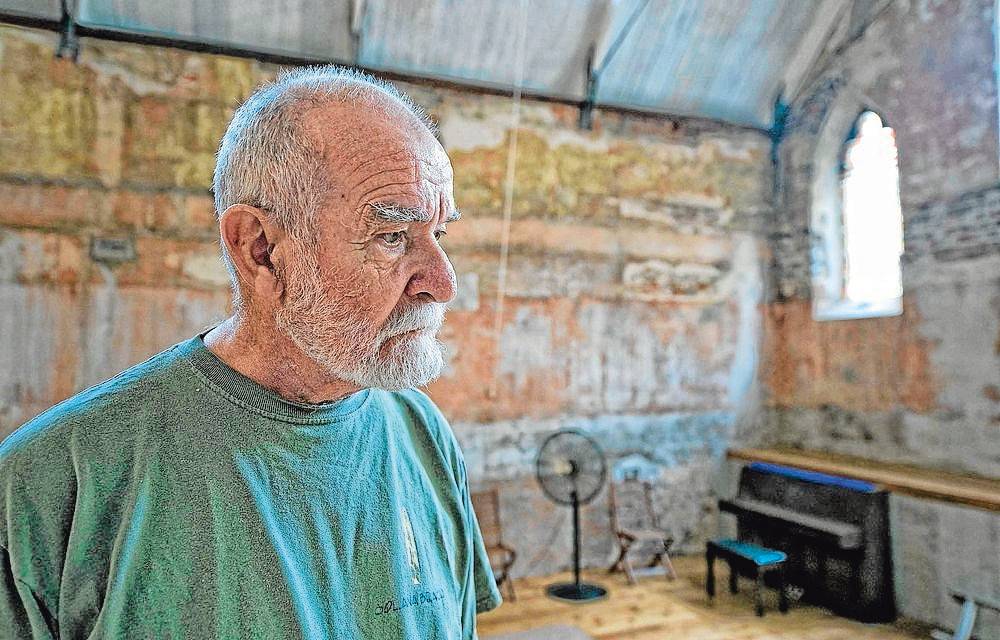 The productions of playwright and director Athol Fugard have profoundly transformed South African theatre.
The productions of playwright and director Athol Fugard have profoundly transformed South African theatre.
Athol Fugard – playwright and director
Though his career spans beyond 30 years, Athol Fugard remains an essential figure in South Africa’s arts and culture. His powerful plays like Master Harold…and the Boys and Sizwe Banzi Is Dead are enduring commentaries on apartheid’s dehumanising effects. Fugard’s work continues to be performed globally, and he has shaped South Africa’s theatre landscape through his commitment to social justice.
Bonnie Ntshalintshali (1967–1999) – ceramic artist
Bonnie Ntshalintshali was an influential ceramic artist who played a crucial role in reviving traditional Zulu pottery techniques. Her work, characterised by vibrant colours and intricate patterns, often depicted scenes from everyday life and folklore. Despite her untimely passing, Ntshalintshali’s impact on South African ceramics continues to be celebrated, and her work remains a testament to the rich cultural heritage of the country.
Penny Siopis – visual artist
Penny Siopis is a South African painter and installation artist whose work addresses themes of trauma, memory and the complexities of post-apartheid society. Her use of different media, including film, found objects and photography, explores the intersections of personal and collective histories. Siopis’s exhibitions have been showcased globally, making her a key figure in South Africa’s contemporary art scene.
These 15 individuals represent the vibrancy and diversity of South Africa’s arts and culture terrain over the past 30 years of the country’s democratic dispensation. Through their creative talents, they have not only entertained audiences but also challenged societal norms, preserved cultural heritage, and inspired countless people. Their legacies continue to shape and define the cultural identity of South Africa, both at home and on the global stage.
The genesis of Amapiano
With its roots in Kwaito, the genre has become one of South Africa’s most successful exports
Amapiano, a unique sound that has captured the world in rhythm and dance, was formed out of a combination of jazz, lounge, soul, deep house music, gqom and long drum. The word Amapiano was borrowed from the isiZulu language for piano. For many years, South Africa’s musical scene was dominated by Afrobeats, particularly running up towards the year 2010, until a new genre emerged from South Africa’s townships, most notably in Gauteng.
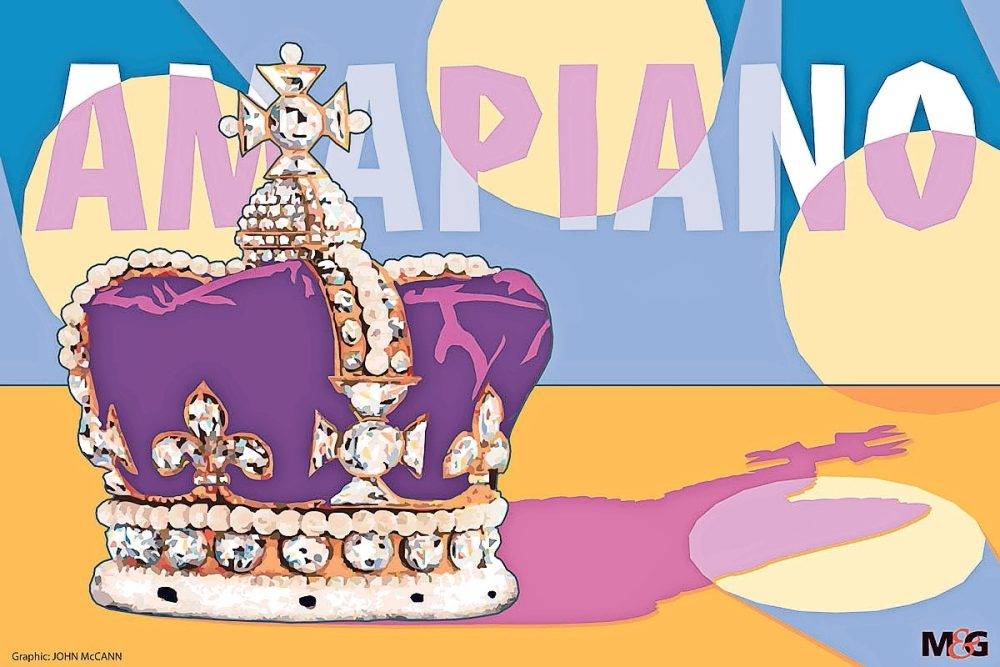 Amapiono has captured the imagination of today’s youth and has helped to put South Africa on the international musical map. Its roots lie in Kwaito and its lyrics often draw from this genre, which was born in Jozi’s townships.
Amapiono has captured the imagination of today’s youth and has helped to put South Africa on the international musical map. Its roots lie in Kwaito and its lyrics often draw from this genre, which was born in Jozi’s townships.
Soweto, Alexandra, Vosloorus and Katlehong are cited among the key areas credited for its genesis. Whether it originated from Soweto or Alexandra is immaterial for South Africans across different age groups, as the genre is a cultural identity phenomenon that is appreciated by the country’s diverse racial groups. It is a common language understood by young people, one that they are extremely proud to be associated with.
But what exactly inspired this music genre that has captured the imagination of a nation, a continent and the world? Musical enthusiasts ascribe the origin of Amapiano to a mid 90s South African genre called Kwaito, created during South Africa’s journey to democracy. The word Kwaito comes from the Afrikaans word “kwaai”, which means “angry”, but is slang for great. It combined various musical styles with fast beats, disco music, hip hop, and electronic house music sounds. Importantly, as time evolved, Kwaito became less dominant, and in came the prominence of house music. However, in true South African culture, the sounds of Kwaito continued to get people on the dance floor. Kwaito became a classic; a nostalgic musical genre that reminded teenagers and young adults in the 90s about the good old days.
To keep the spirit of Kwaito alive, DJs entrenched its lyrics within their sets, creating space for the genre to remain relevant. As part of this journey Amapiano emerged, by creating a unique sound that captured the soul of the nation, supported by known lyrics. This way, everyone could enjoy a modern sound, one that they could also sing along to.
Some of the notable key drivers of Amapiano include DJ Stokie who drummed up the heat in Soweto, MRF Souls from Katlehong, JazziDisciples and Kabza De Small from Alexandra, DJ Maphorisa from Tshwane, Master KG from Limpopo, Lady Lu, and DJs Clock and Bekzin Terris, all credited as being instrumental to the genre’s rise in popularity.
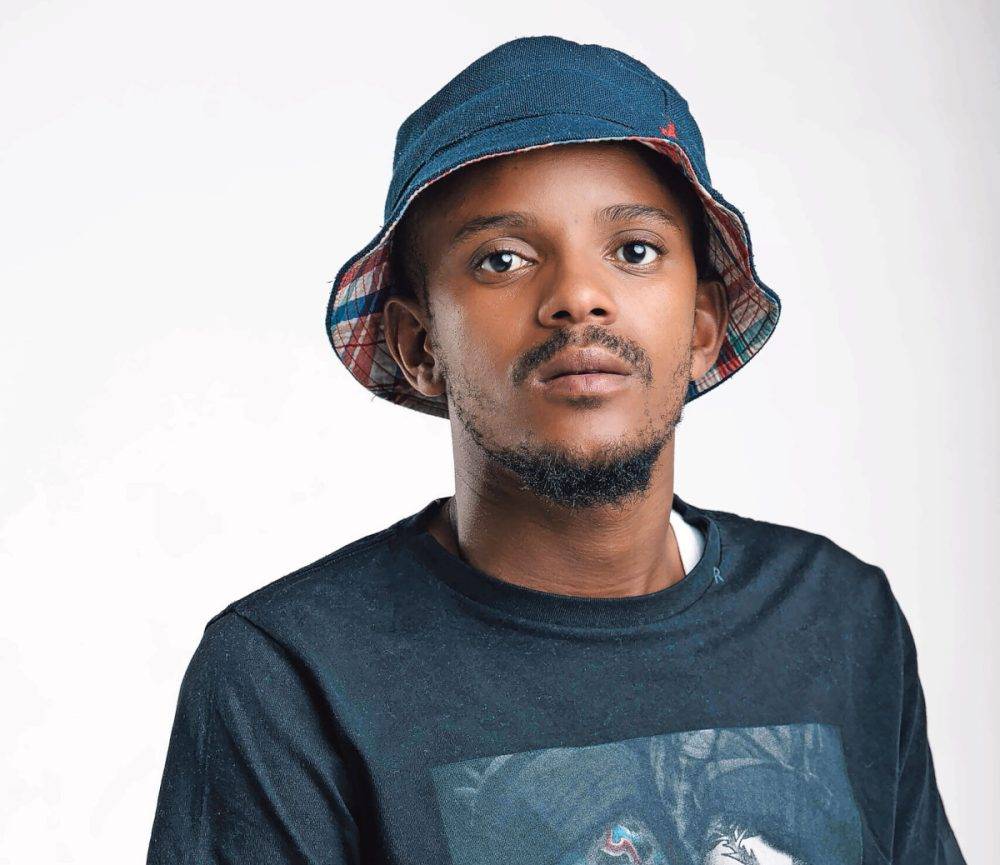 DJ and producer, Kabza de Small has released several successful albums, and he works with some of the biggest names out there.
DJ and producer, Kabza de Small has released several successful albums, and he works with some of the biggest names out there.
During the fall of 2019, South African DJ, singer and record producer Master KG released an upbeat gospel-influenced house song Jerusalema, featuring Nomcebo Zikode, that went viral online in 2020, charting internationally and spawning a remix with Burna Boy. The video of the song generated half a billion views on YouTube, garnering international reaction due to the #JerusalemaChallenge.
Today, with thousands of Amapiano tunes produced and impacting people globally, a few tunes are highlighted by enthusiasts as the most memorable in the genre’s history; Mnike by Tyler ICU & Tumelo.za; Vula Vala by DJ Maphorisa & Kabza De Small, featuring Nokwazi & Vigro Deep; and Amanikiniki, which blends captivating piano melodies, making it one of the most streamed amapiano songs in history. While there are hundreds of successes in this genre, one cannot speak of Amapiano without John Vuli Gate, a masterpiece that blends brilliant vocals and sensational instruments, which became a social media hit across different scenes, including political campaigns.
According to the streaming platform Spotify, Amapiano is streamed across the globe, with top countries being Nigeria, South Africa, the US, the UK and Germany, with the genre recording 345% growth in 2023, attracting huge growth in exports in the same year compared with the “critical assessment” from the year 2014.
In 2024, the top five Amapiano playlists on the platform are Amapiano Grooves, SoulPiano, Beast Mode Amapiano, Amapiano 101 and Amapiano Rising. This genre and its innovative and associated dance moves has undoubtedly contributed to social cohesion in South Africa and has spread its joy across the world. It is by far one of South Africa’s influential exports in the music industry in recent times.
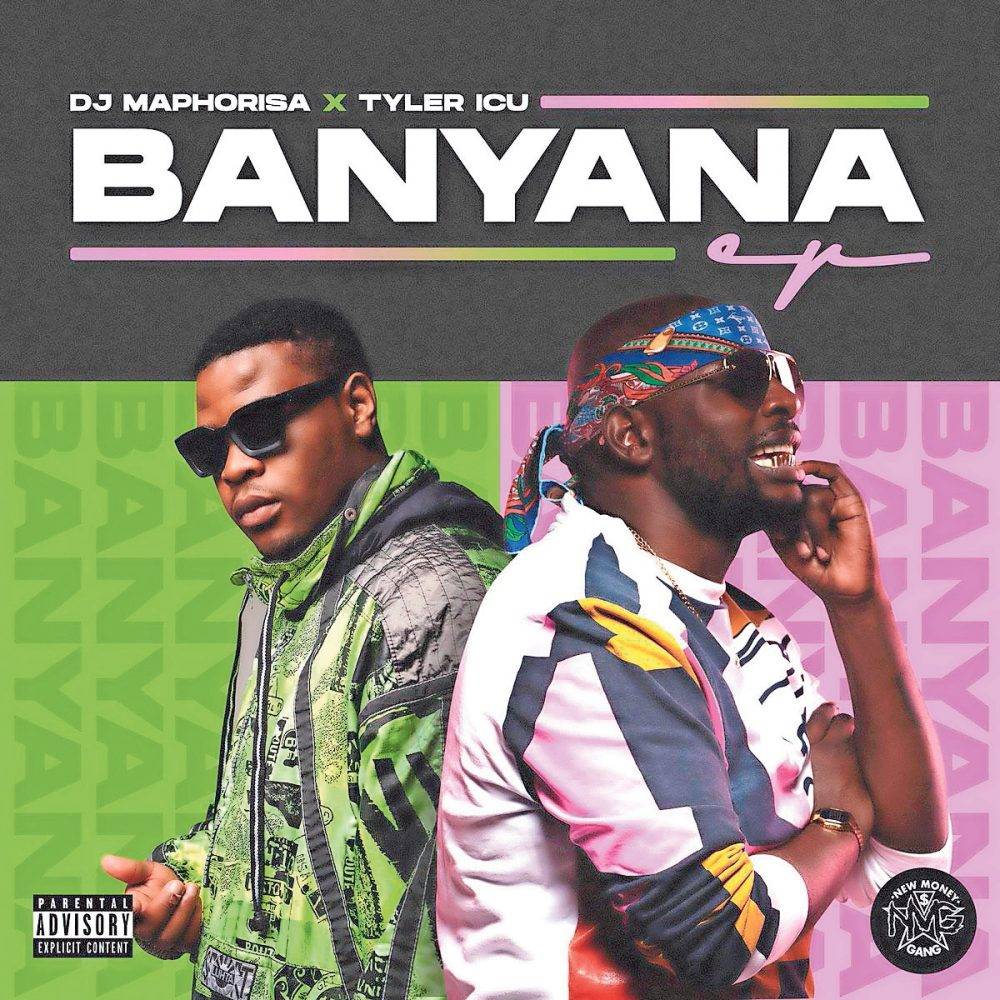 The EP Banyana, which featured many Amapiano artists, received millions of streams and won a double platinum award.
The EP Banyana, which featured many Amapiano artists, received millions of streams and won a double platinum award.